
I’m a shy visitor to the world of poetry. I find myself unable to even consider an approach to any given poem without some sort of tour guide, as it were. The latest such guide was an episode of BBC Radio 4’s In Our Time in which Lyrical Ballads, a famous and influential collection of poems by Samuel Taylor Coleridge and William Wordsworth, was discussed.
Of the many poems mentioned, one was entirely new to me – and that was We Are Seven by William Wordsworth. The guests’ discussion of it somehow reminded me of something – of what I’m not exactly sure – was it Harlan Ellison’s Jeffty Is Five? I don’t know – but I was reminded of something nonetheless. I think you may be too.
Here’s a snippet from the Wikipedia description of it:
“[We Are Seven] describes a discussion between an adult poetic speaker and a ‘little cottage girl’ about the number of brothers and sisters who dwell with her. The poem turns on the question of whether to count two dead siblings.”
Have a listen for yourself, I found it rather haunting:
 We Are Seven
We Are Seven
By William Wordsworth; Read by Verity Kendall
1 |MP3| – Approx. 3 Minutes [POEM]
Publisher: LibriVox.org
Published: April 27, 2012
First published in Lyrical Ballads, With A Few Other Poems.
Here’s the text itself:
We Are Seven by William Wordsworth
A simple child, dear brother Jim,
That lightly draws its breath,
And feels its life in every limb,
What should it know of death?
I met a little cottage girl,
She was eight years old, she said;
Her hair was thick with many a curl
That cluster’d round her head.
She had a rustic, woodland air,
And she was wildly clad;
Her eyes were fair, and very fair,
—Her beauty made me glad.
“Sisters and brothers, little maid,
“How many may you be?”
“How many? seven in all,” she said,
And wondering looked at me.
“And where are they, I pray you tell?”
She answered, “Seven are we,
“And two of us at Conway dwell,
“And two are gone to sea.
“Two of us in the church-yard lie,
“My sister and my brother,
“And in the church-yard cottage, I
“Dwell near them with my mother.”
“You say that two at Conway dwell,
“And two are gone to sea,
“Yet you are seven; I pray you tell
“Sweet Maid, how this may be?”
Then did the little Maid reply,
“Seven boys and girls are we;
“Two of us in the church-yard lie,
“Beneath the church-yard tree.”
“You run about, my little maid,
“Your limbs they are alive;
“If two are in the church-yard laid,
“Then ye are only five.”
“Their graves are green, they may be seen,”
The little Maid replied,
“Twelve steps or more from my mother’s door,
“And they are side by side.
“My stockings there I often knit,
“My ‘kerchief there I hem;
“And there upon the ground I sit—
“I sit and sing to them.
“And often after sunset, Sir,
“When it is light and fair,
“I take my little porringer,
“And eat my supper there.
“The first that died was little Jane;
“In bed she moaning lay,
“Till God released her of her pain,
“And then she went away.
“So in the church-yard she was laid,
“And all the summer dry,
“Together round her grave we played,
“My brother John and I.
“And when the ground was white with snow,
“And I could run and slide,
“My brother John was forced to go,
“And he lies by her side.”
“How many are you then,” said I,
“If they two are in Heaven?”
The little Maiden did reply,
“O Master! we are seven.”
“But they are dead; those two are dead!
“Their spirits are in heaven!”
‘Twas throwing words away; for still
The little Maid would have her will,
And said, “Nay, we are seven!”
[Thanks also to Carmen H and Ruth Golding]
Posted by Jesse Willis

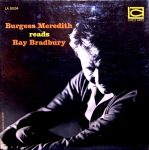 There Will Come Soft Rains
There Will Come Soft Rains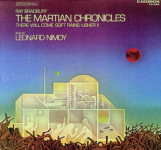 There Will Come Soft Rains
There Will Come Soft Rains Dimension X – There Will Come Soft Rains
Dimension X – There Will Come Soft Rains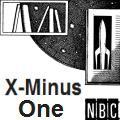 X-Minus One – There Will Come Soft Rains (and Zero Hour)
X-Minus One – There Will Come Soft Rains (and Zero Hour) There Will Come Soft Rains
There Will Come Soft Rains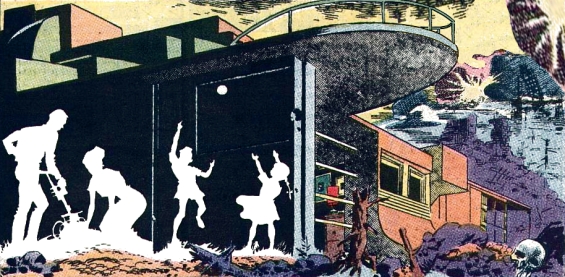

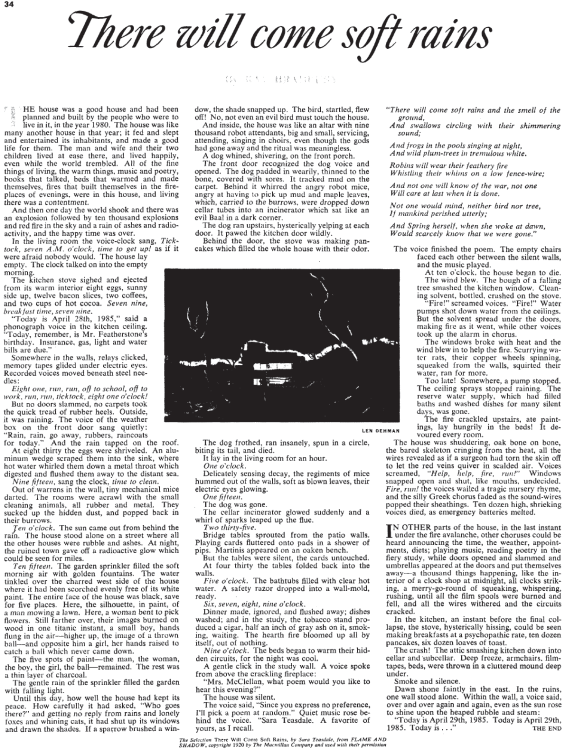

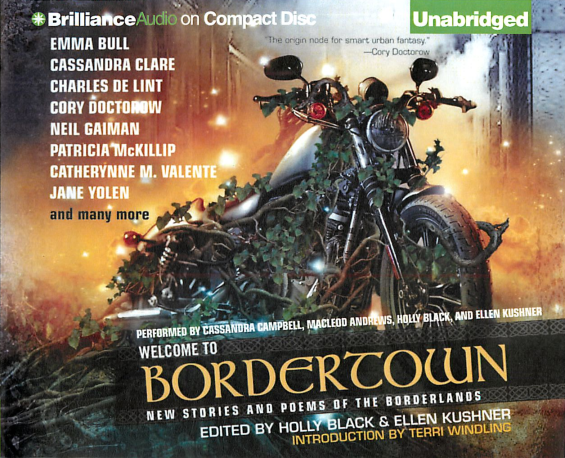
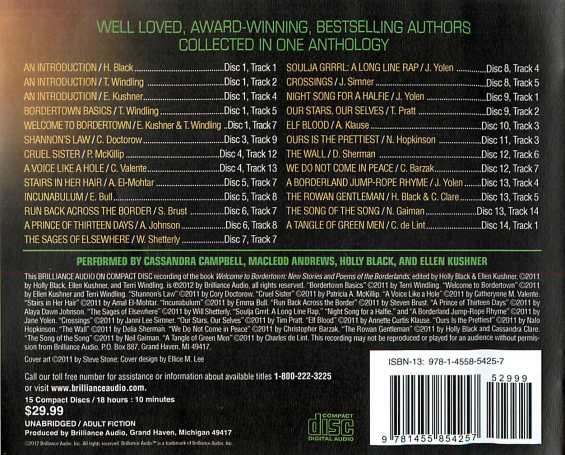

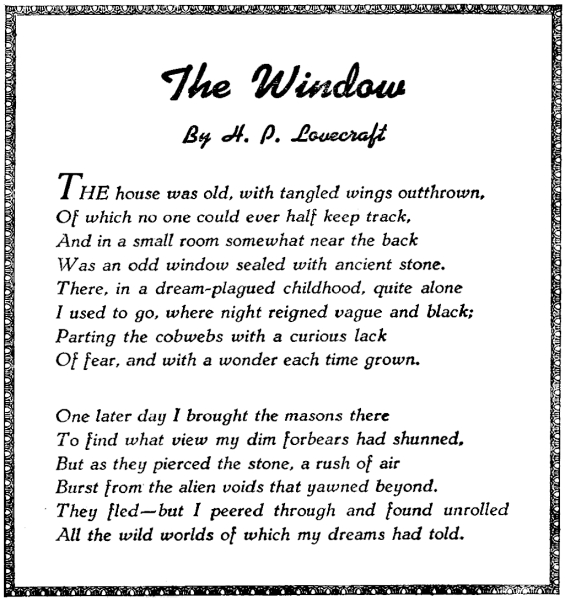
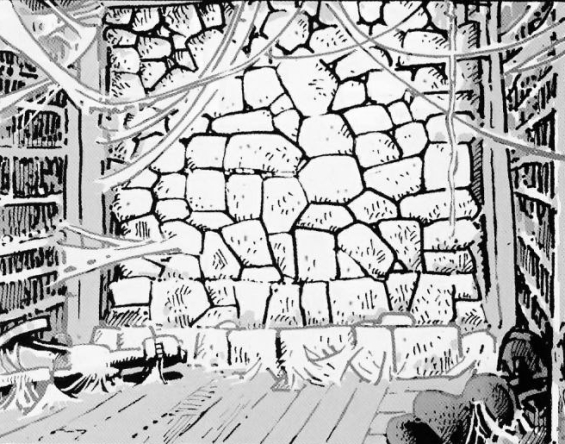
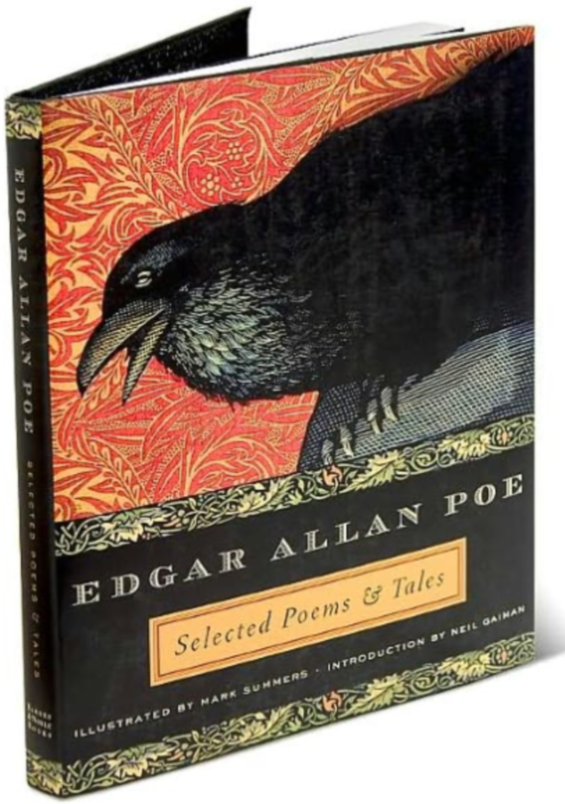
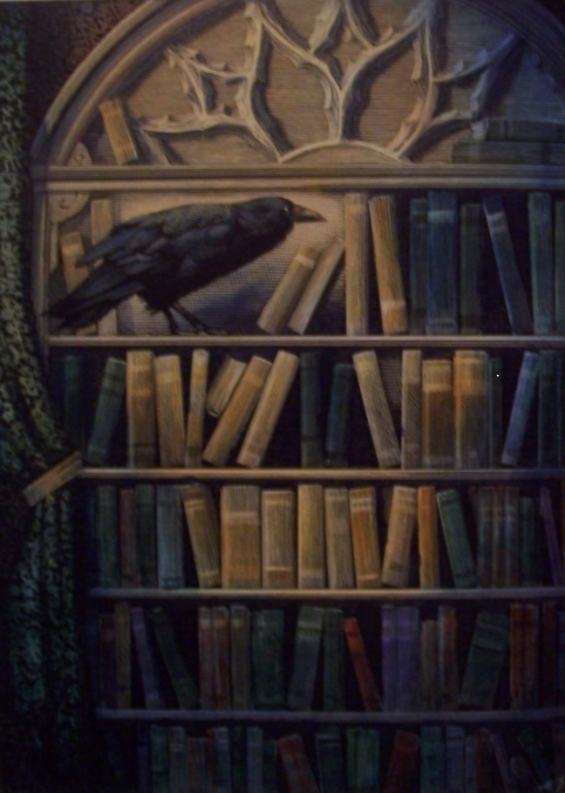
 We Are Seven
We Are Seven